Interest in Intelligent Process Automation (IPA) using AI agents has moved from the category of technical hype to the sphere of strategic investments over the past year. Large enterprises have begun to look at automation not only as a way to reduce costs, but also as a tool for restructuring internal processes for a new logic of work: dynamic, contextual, adaptive.
Despite the growth of the market, real-world implementations of Gen AI solutions remain difficult: not all solutions are scalable, not all integrate with legacy systems, and not every vendor is ready to work with the high requirements of enterprise clients.
This article is a practical overview of 10 companies that have already demonstrated the effectiveness of their IPA solutions with AI agents.
Why Intelligent Process Automation with AI Agents Matters for Large Enterprises
The Business Value of IPA
For large companies, process efficiency is not only a matter of productivity, but also of scalability, regulatory compliance, and the ability to adapt to change. That is why Intelligent Process Automation is becoming a key element of the operational strategy.
Unlike traditional automation, IPA is not limited to “if-then” scenarios. With AI, these solutions are able to work with unstructured data, detect patterns in real time, prioritize tasks, and even independently decide what actions to take next.
As a result, the business gets:
- reduction in the time of execution of routine processes;
- reduction in the number of errors;
- higher transparency of operations;
- the ability to scale faster without increasing costs.
Key Capabilities of AI Agents in Process Automation
In the context of IPA, the term “AI agents” covers not only standalone solutions, but also modules that are embedded in larger automation systems and perform highly specialized tasks. For example:
- customer requests.
- Computer Vision: extracting data from images, scans, PDF.
- ML models: for anomaly detection, prediction, data classification.
- Contextual automation: adapting processes depending on input data, customer type or changing external conditions.
Top 10 Intelligent Process Automation Companies with AI Agents
DATAFOREST
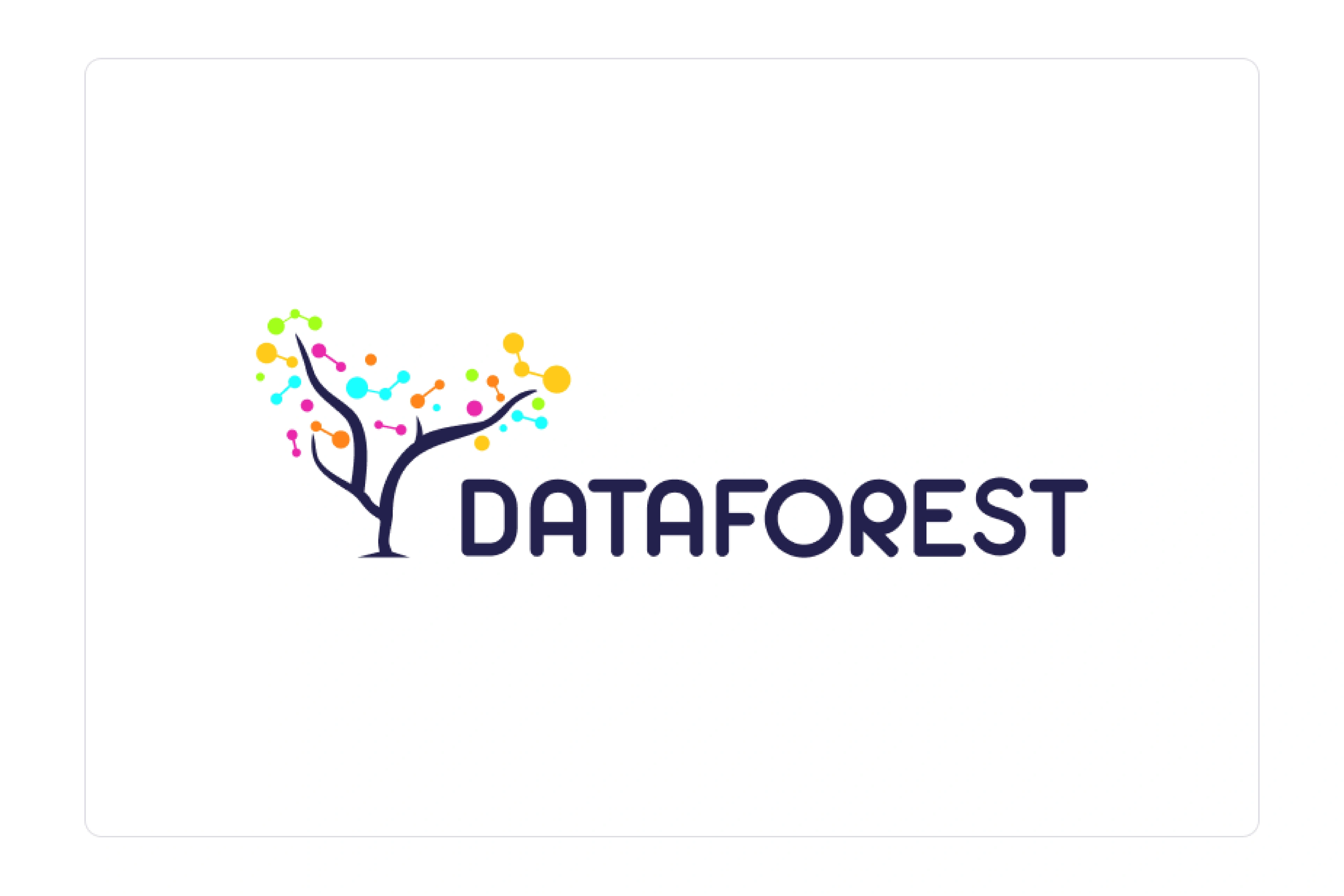
DATAFOREST specializes in creating custom solutions for process automation with deep AI integration. The company offers full-fledged engineering cooperation, tailoring solutions for the specifics of the business—from document processing and building data pipelines to automating decision-making in complex workflows.
The DATAFOREST team worked with Unilever, Amazon, eBay, IDN, and other enterprises in e-commerce, retail, finance, traveltech, insurance, and healthcare industries. Their solutions are easily integrated with ERP, CRM and legacy systems, and are also scalable to the enterprise level. The company pays special attention to security—most projects are implemented with on-premise or hybrid deployment. They support cloud, on-premise and hybrid deployments.
AI agents are based on modern NLP models, ML algorithms for predictive analytics and agent logic, which allows building adaptive scenarios. Among the unique AI agent capabilities:
- extraction of key information from unstructured sources (PDF, images);
- query classification and dynamic routing;
- business data anomaly detection;
- contextual personalization of automated solutions.
The collaboration model is flexible: from fixed pricing to long-term support.
Tungsten Automation
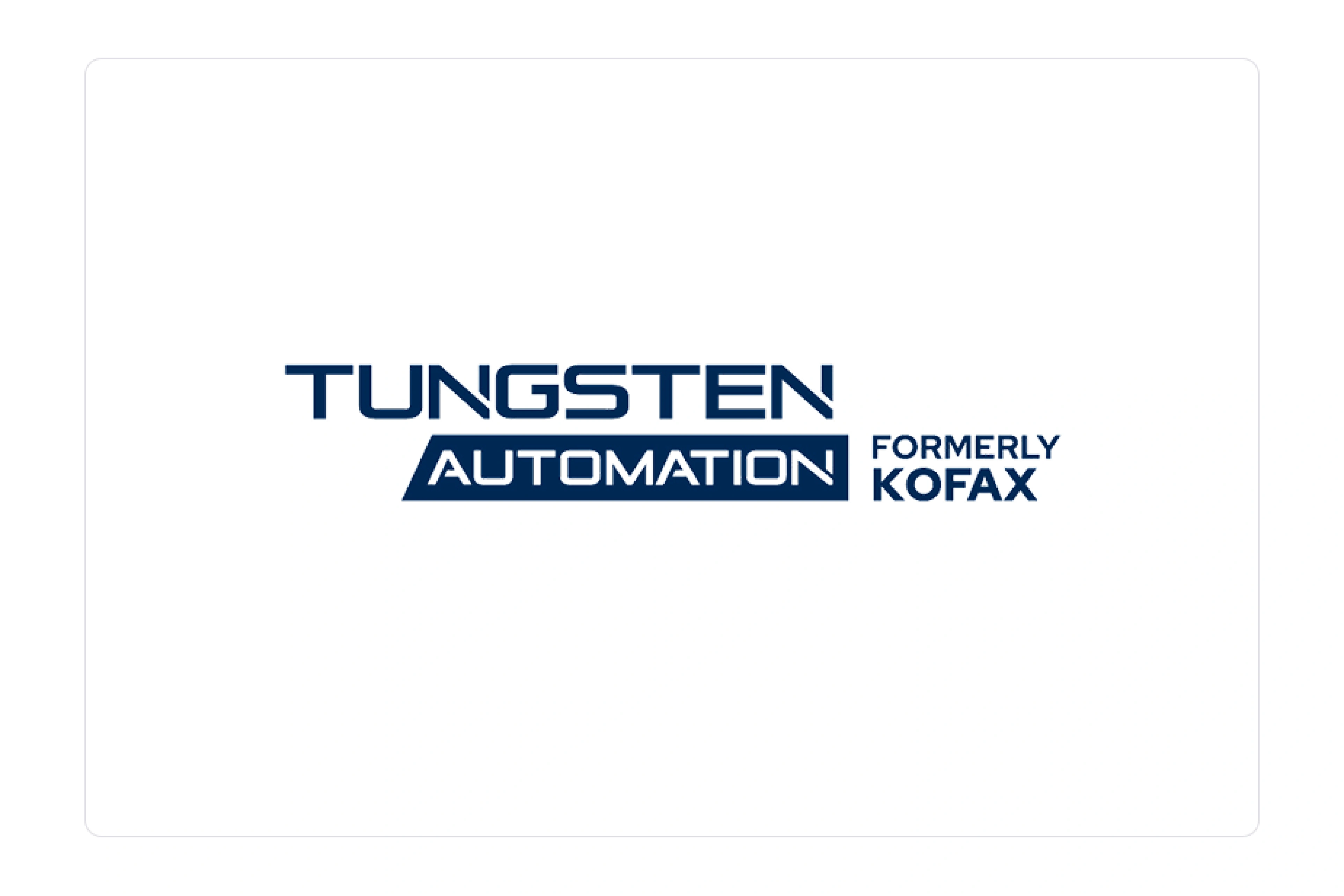
Tungsten Automation (formerly Kofax) is one of the most stable platforms for enterprise-level IPA. Their main product, TotalAgility, combines tools for business process automation, document processing, workflow automation, and integration with ERP and CRM systems. Recently, the platform received generative AI modules that accelerate the setup of data extraction models and the creation of processing logic.
Tungsten is widely used in finance, insurance, pharma, and logistics. Typical scenarios: invoice processing automation, claims processes, customer onboarding.
AI capabilities are implemented through built-in agents and copilots that use NLP and ML to extract data, classify requests, and build action logic. Generative AI components allow you to quickly create new scenarios without programming.
The licensing model is individual for each customer, cloud, hybrid, and on-premise deployment is supported. Clients include Pfizer, Schneider Electric, ABN AMRO, Rabobank.
AntWorks
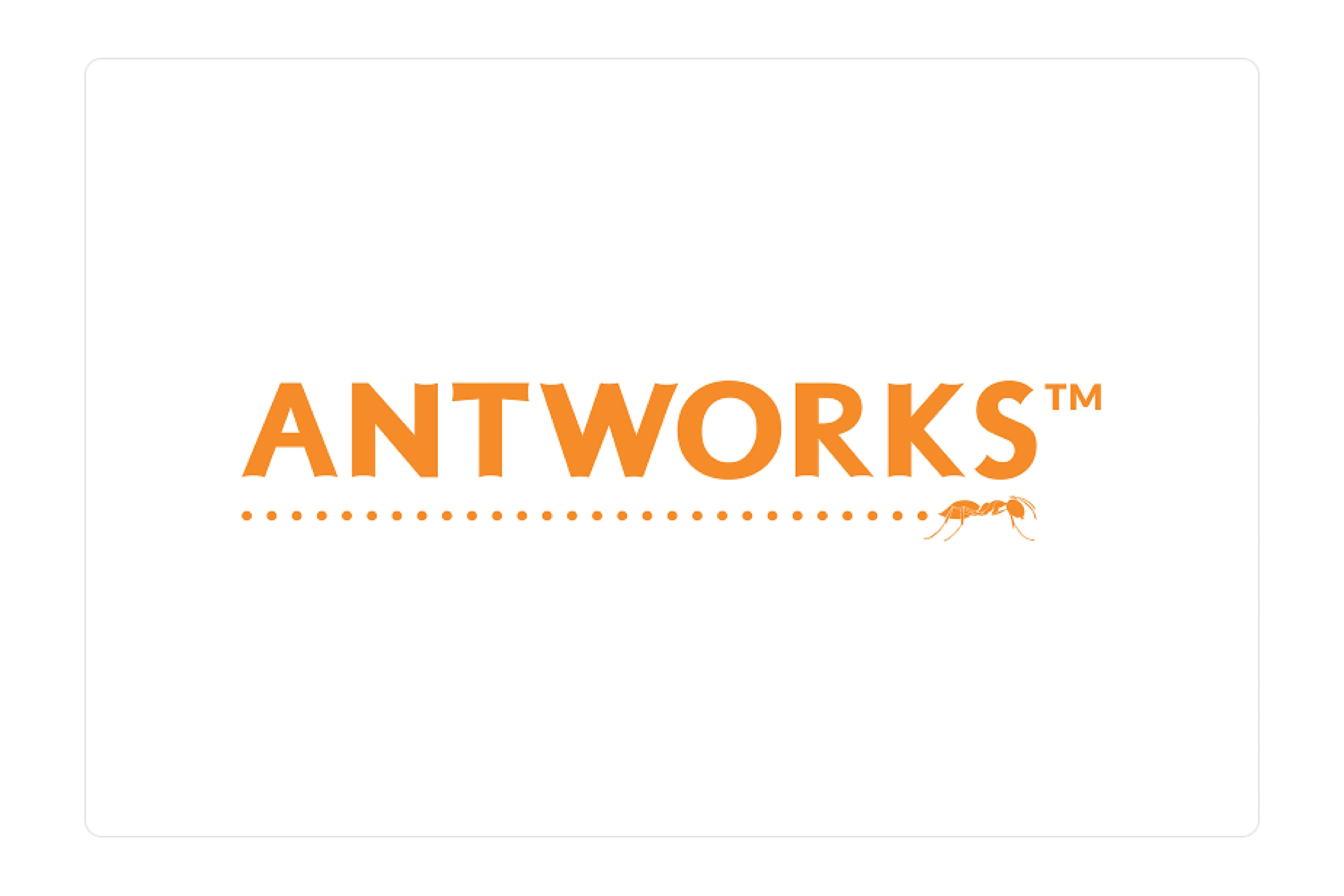
AntWorks is a platform specializing in the AI-driven automation of complex processes. Their focus is on processing both structured and unstructured data, as well as deep integration with existing enterprise systems.
The main product of the platform is tools for document recognition, text analysis and building automated workflows that provide flexibility and scalability. AntWorks is known for its ability to work with large volumes of data in the financial, insurance and healthcare sectors.
AI components include NLP modules, pattern recognition and self-adaptive algorithms that allow the system to independently optimize processes. The platform supports cloud, on-premise and hybrid deployments.
AntWorks clients include Marsh, US Bank, Scoot, Mercer, and others.
Pega
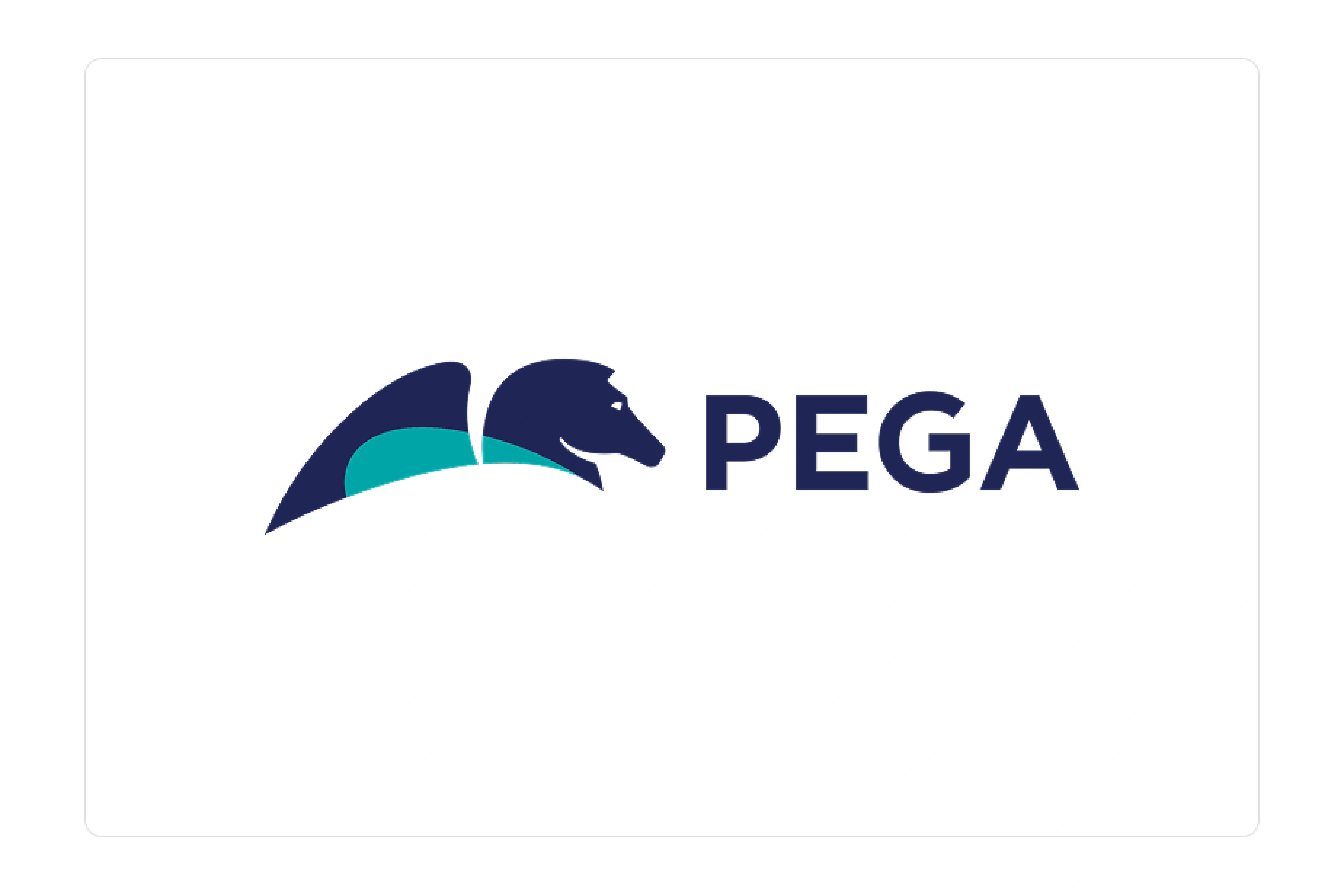
Pega is one of the leading platforms for business process automation, known for its scalability and flexibility. Their solution combines tools for robotic automation (RPA), AI analytics and adaptive workflow, allowing companies to build complex processes without code.
The platform is actively used in finance, telecom, healthcare and insurance, where there is a need to quickly adapt business logic to changing market conditions. Pega stands out thanks to built-in AI modules for analyzing user behavior, forecasting and making decisions in real time.
Deployment is possible in the cloud, on-premises or in a hybrid format. The pricing model is individual, depending on the scale and specifics of the project. Their clients include Healthfirst, Wells Fargo, BT.
Aiwozo
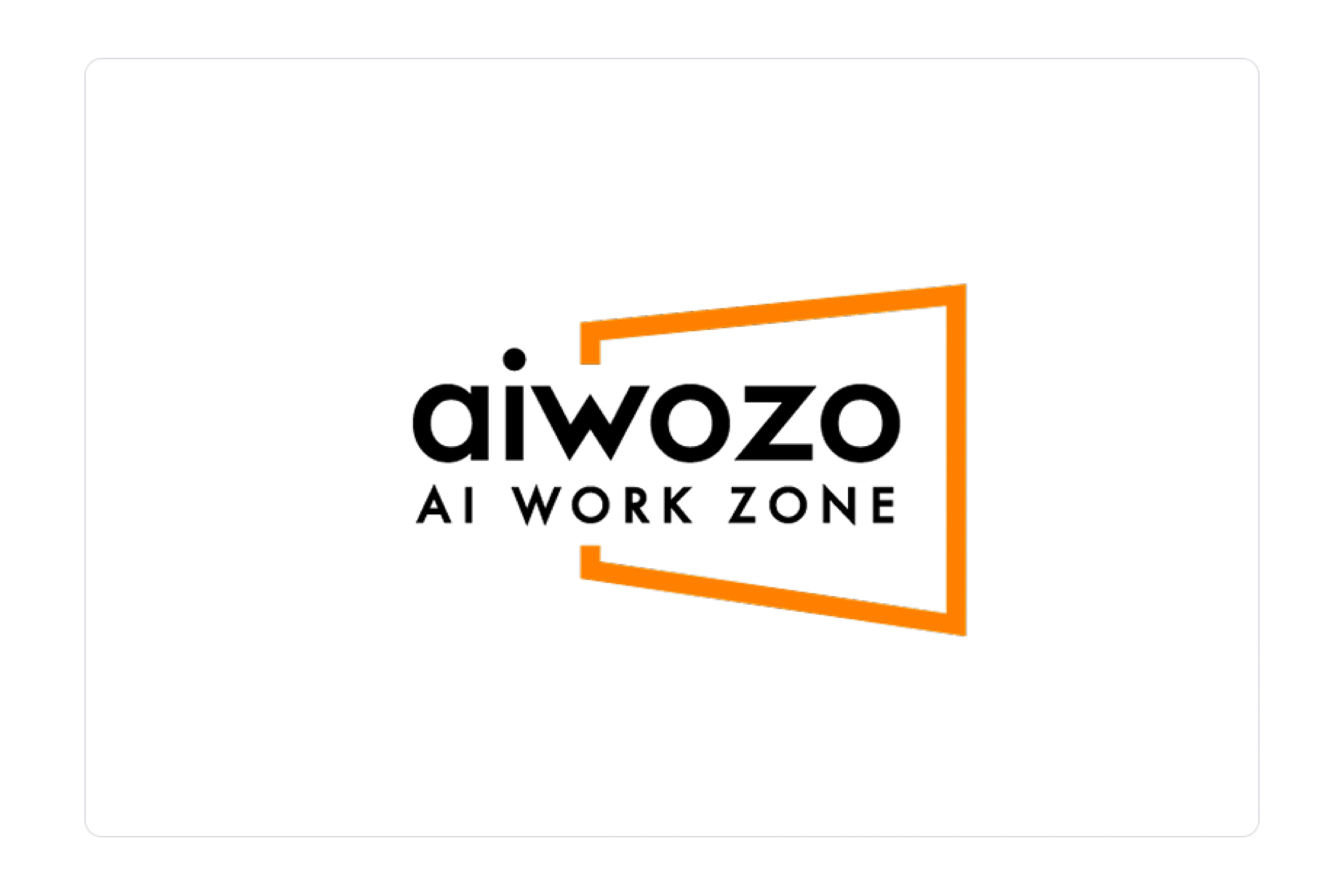
Aiwozo offers solutions for intelligent process automation with an emphasis on artificial intelligence and big data processing. The platform specializes in adaptive workflows that can self-adjust to new conditions, as well as deep analytics of business processes.
The main areas of application are banking, financial services, insurance, healthcare, and retail, where the speed of processing large volumes of information and the accuracy of decision-making are important. Aiwozo provides integration with ERP, CRM and legacy systems, supports deployment in the cloud and on-premises.
The platform's AI modules include text analysis, image recognition and forecasting, which allows you to automate routine operations and free up resources for more complex tasks.
There are several international corporations and market leaders among its customers.
Devin
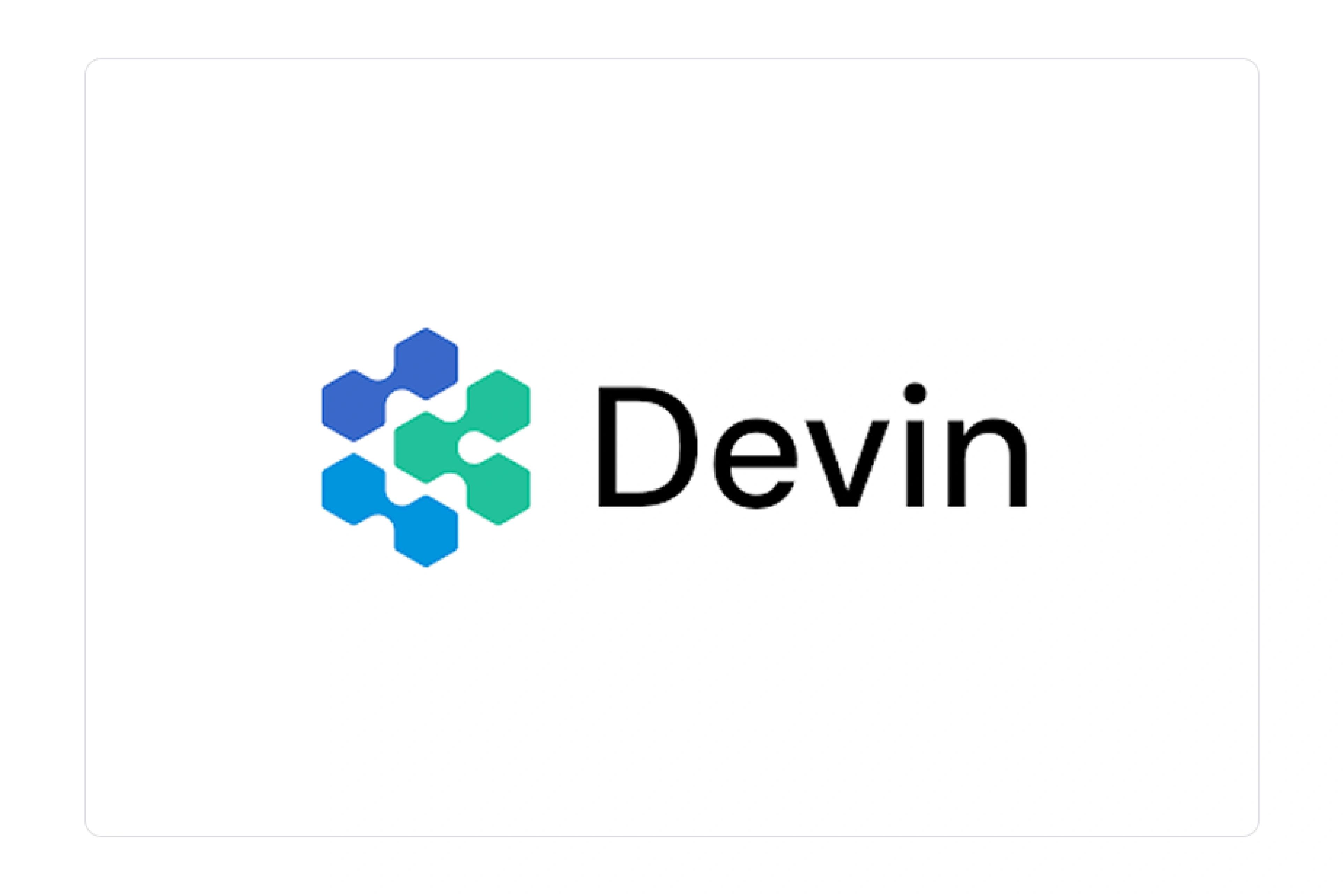
Devin is an intelligent automation platform focused on improving operational efficiency through a combination of RPA and AI technologies. Devin’s unique feature is its flexible architecture, which ensures rapid AI automation architecture implementation even in complex business environments.
The platform is actively used in manufacturing, finance, and insurance, where large volumes of structured and unstructured data need to be processed. For enterprises, Devin offers a version built on enterprise-grade security and privacy.
Digital agents use machine learning for forecasting and analytics, as well as NLP for document and communication processing. Deployment is possible in the cloud, on-premise, or in a hybrid format. Their customer base includes Bilt, Ramp, Nubank.
Paradox
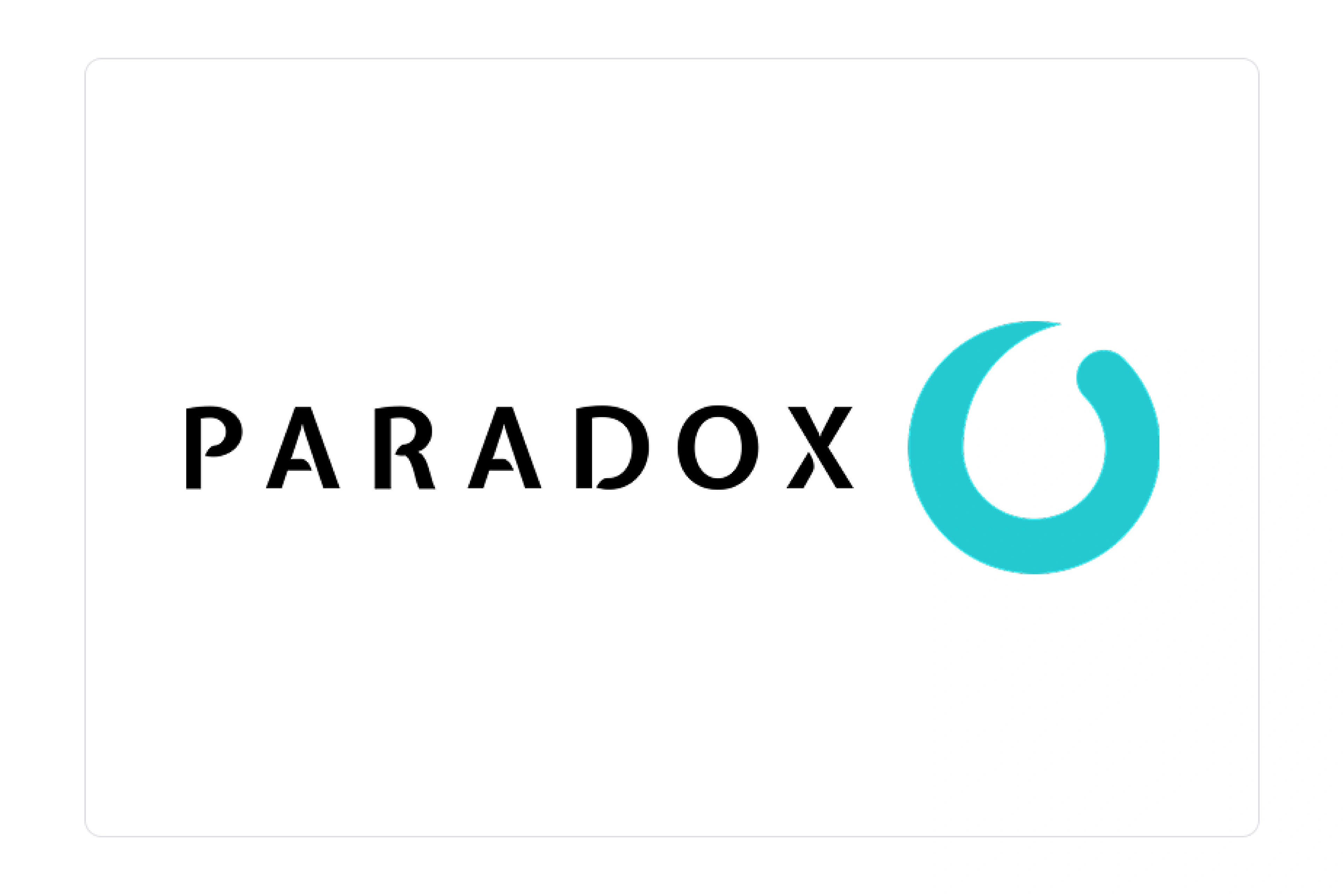
Paradox specializes in business process automation using artificial intelligence, with a particular focus on improving customer interactions through AI-powered agents and chatbots. The platform offers solutions for optimizing recruiting, customer support, and back-office operations.
Paradox is actively used in retail, healthcare, logistics/trucking, manufacturing, financial services, and hospitality. The platform’s AI modules use NLP to recognize user intent and machine learning for workflow optimization.
The platform supports integrations with popular CRM, ATS, and other business systems, and also offers cloud and on-premise deployment options. The licensing model depends on the company size and features used. Pfizer, General Motors, Nestle, and 7-Eleven are among their clients.
Intuit Assist
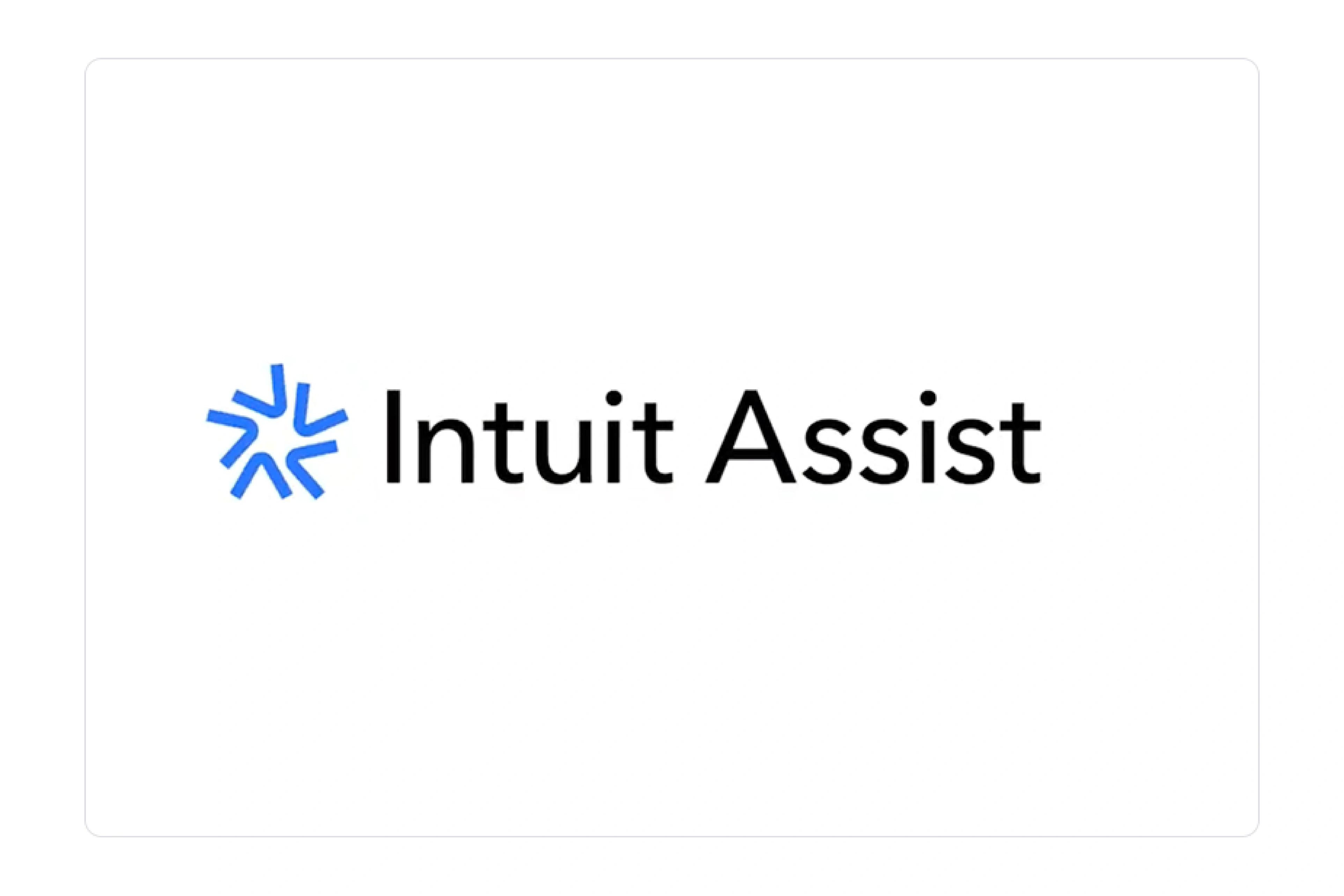
Intuit Assist is an intelligent process automation platform that focuses on improving productivity through AI-assisted support and task automation. The focus is on simplifying operations in finance, accounting, and data management.
The solution integrates with popular ERP and CRM systems, and also supports processing of unstructured data using modern NLP technologies. AI assistants help automatically analyze documents, predict financial indicators, and optimize workflows.
Intuit Assist supports hybrid and cloud deployment, and the pricing model adapts to the clients’ needs. The client base includes medium-sized and large enterprises from various industries (names are under NDA).
ClickUp Brain
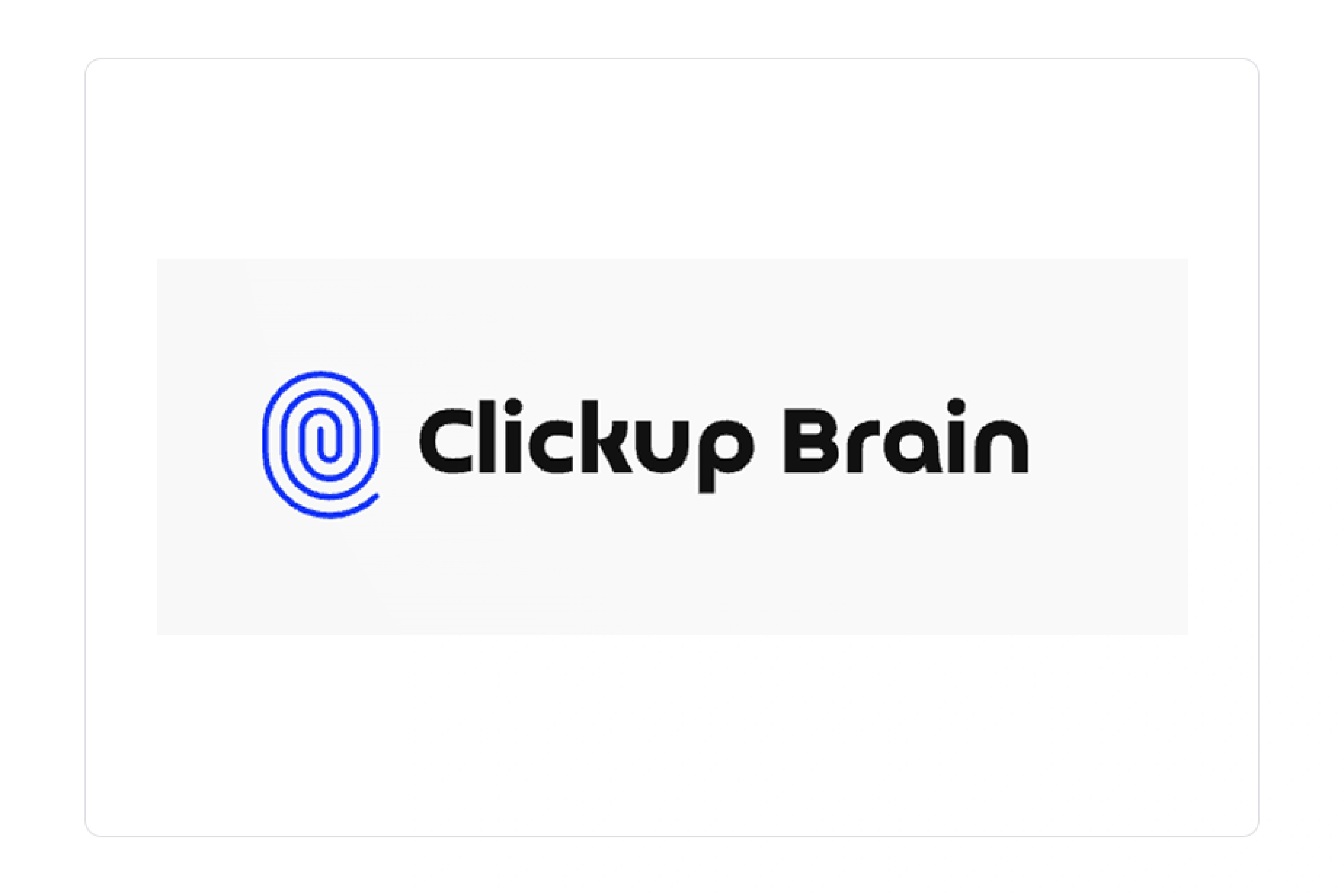
ClickUp Brain is an intelligent automation platform that integrates with the ClickUp project management system, expanding its capabilities with AI agents. The solution focuses on automating routine tasks, managing workflows, and increasing team productivity.
The platform uses AI modules to analyze tasks, prioritize, predict deadlines, and automatically generate content. This is especially useful for teams in marketing, IT, and consulting, where rapid adaptation and synchronization of work are important.
ClickUp Brain easily integrates with CRM, ERP, and other business systems, supports cloud deployment, and scales to meet the needs of large organizations. Their pricing model is subscription-based with different options depending on the client’s needs.
Fellow
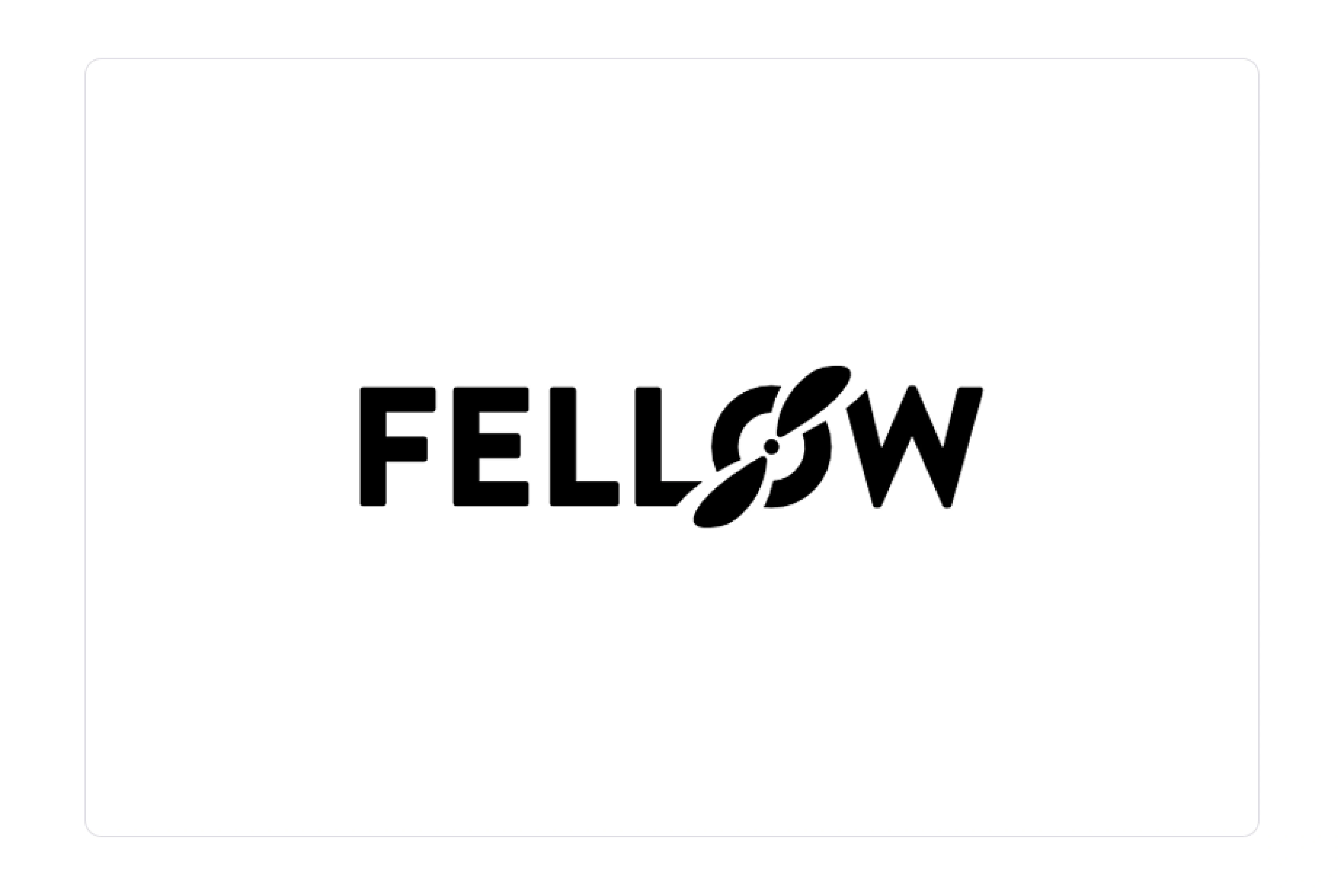
Fellow AI is a technology company that develops solutions for automating inventory and asset management in enterprises. Using AI, advanced computer vision and robotics systems, the company provides tools for real-time tracking and identification of objects, which significantly reduces errors and increases operational efficiency.
Fellow AI actively collaborates with large corporations from various industries, including healthcare, datacenters, and manufacturing, providing them with tools to automate and optimize internal processes.
Comparison Table
Final Thoughts
Intelligent process automation with AI agents is important for enterprises seeking to increase efficiency, reduce operational costs, and drive digital transformation. The choice of a platform should be based on the real capabilities of artificial intelligence, scalability, industry expertise and the ability to seamlessly integrate into your IT infrastructure.
In this article, we reviewed 10 leading intelligent process automation companies. If you want to find out how DATAFOREST can adapt intelligent automation to your business’ needs, fill out the form and our experts will contact you for a detailed consultation.
FAQ
What is the difference between Intelligent Process Automation and Robotic Process Automation (RPA)?
RPA performs simple, repetitive tasks based on rules, while IPA adds artificial intelligence for analysis, decision-making, and adaptation.
How do AI agents improve the efficiency of traditional automation workflows?
They process complex data, learn, and automatically optimize processes without human intervention.
What types of business processes are best suited for intelligent automation with AI agents?
Autonomous business processes like document processing, analytics, customer support, supply chain management.
Do AI agents require large volumes of training data to be effective in business workflows?
Not always, modern models can be adapted even on small data.
How can AI agents support decision-making in finance, supply chain, or customer service?
They analyze data, make predictions, and provide recommendations for fast and accurate decisions.
How do IPA tools handle unstructured data, like documents, emails, or audio?
Using NLP, image and audio recognition transforms it into structured information for automation.



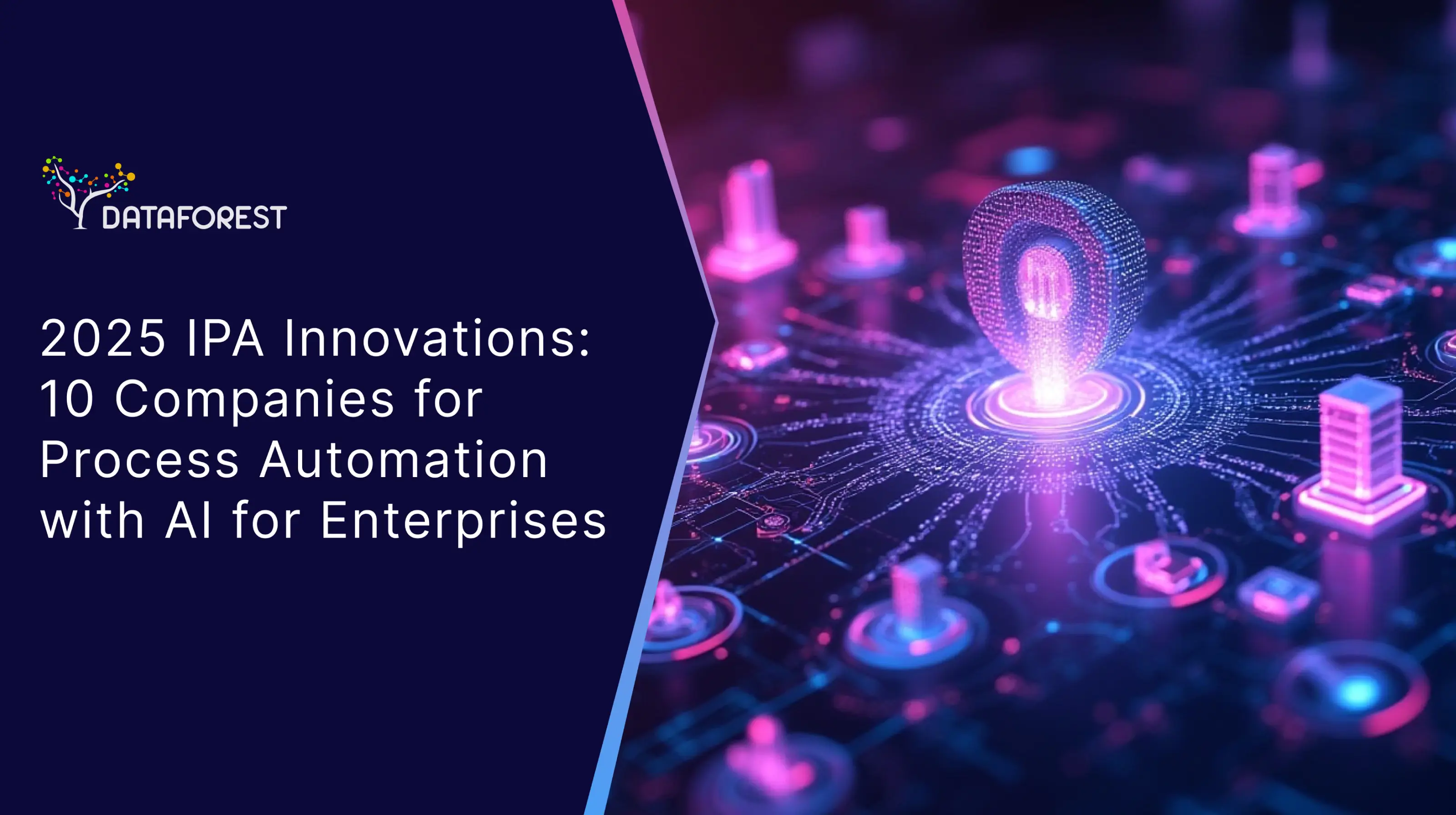
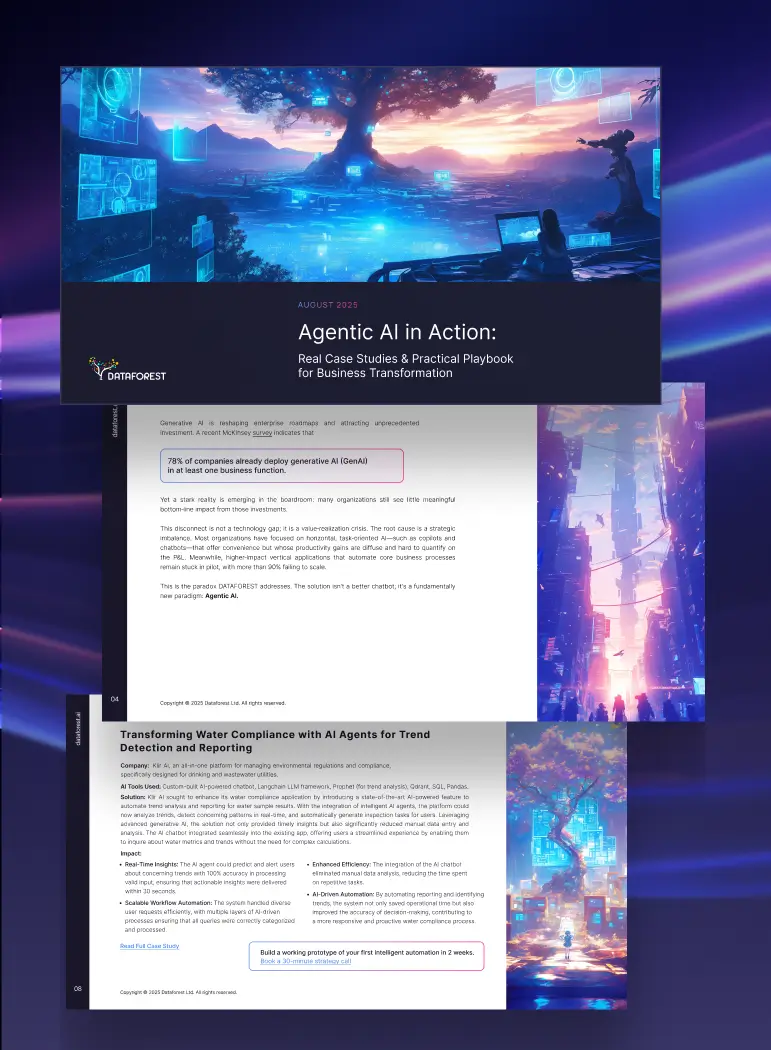

.svg)
.webp)
%20(1).webp)

.webp)












